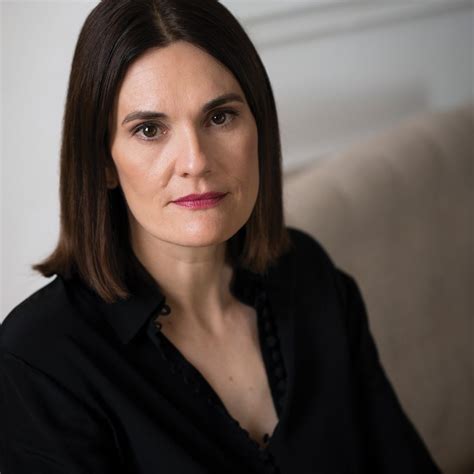A Quote by Madeleine M. Kunin
To make flexibility work, it is not only necessary to change our attitude about who is a good worker and who is not, but we have to train managers at all levels to recognize the difference between the number of hours worked and the quality of work produced.
Related Quotes
Between labor and play stands work. A man is a worker if he is personally interested in the job which society pays him to do; whatfrom the point of view of society is necessary labor is from his point of view voluntary play. Whether a job is to be classified as labor or work depends, not on the job itself, but on the tastes of the individual who undertakes it. The difference does not, for example, coincide with the difference between a manual and a mental job; a gardener or a cobbler may be a worker, a bank clerk a laborer.
Our philosophy about activity and our attitude about hard work will affect the quality of our lives. What we decide about the rightful ratio of labor to rest will establish a certain work ethic. That work ethic - our attitude about the amount of labor we are willing to commit to future fortune - will determine how substantial or how meager that fortune turns out to be.
While the difference between a bad sermon and a good sermon is mainly the responsibility of the preacher, the difference between good preaching and great preaching lies mainly in the work of the Holy Spirit. . . . We should do the work it takes to make our communication good and leave it up to God how and how often he makes it great for the listener.
A willing, cheerful worker, with his heart in his job, will turn out more work and more satisfactory work in 44 hours than an unwilling worker, dissatisfied with his conditions, will turn out in 54 hours. It is good business, therefore, for every employer to go as far as he possibly can in reaching a schedule agreeable to his people.
Government usually doesn't work. It doesn't work because it is political. People who are wise, good, smart, skillful, or hardworking don't need politics, they have jobs. The difference between the political process and an honest life is the difference between parading around waving picket signs while hollering catcalls in front of the White House and getting up in the morning to go make a living.
Our environment, the world in which we live and work, is a mirror of our attitude and expectations. If we feel that our environment could stand some improvement, we can bring about that change for the better by improving our attitude. The world plays no favorites. It's impersonal. It doesn't care who succeeds and who fails. Nor does it care if we change. Our attitude toward life doesn't affect the world and the people in it nearly as much as it affects us.
Things change. There has to be flexibility. Let me give you an example. President Xi, we have a, like, a really great relationship. For me to call him a currency manipulator and then say, “By the way, I'd like you to solve the North Korean problem,” doesn't work. So you have to have a certain flexibility, Number One. Number Two, from the time I took office till now, you know, it's a very exact thing. It's not like generalities.
In industry, we are now concentrating our best effort in trying to make plants work at a maximum capacity, trying to replace the equipment which is in bad conditions due to lack of spare parts from the U.S.., that we cannot get from the U.S.; to extend our industry later on the basis of our primary resources. And to lessen our dependence on external markets and dedicate our efforts in 1965 to the aspect of security and hygiene of work, to make our plants better for the worker: that the worker may feel really a man there.








































